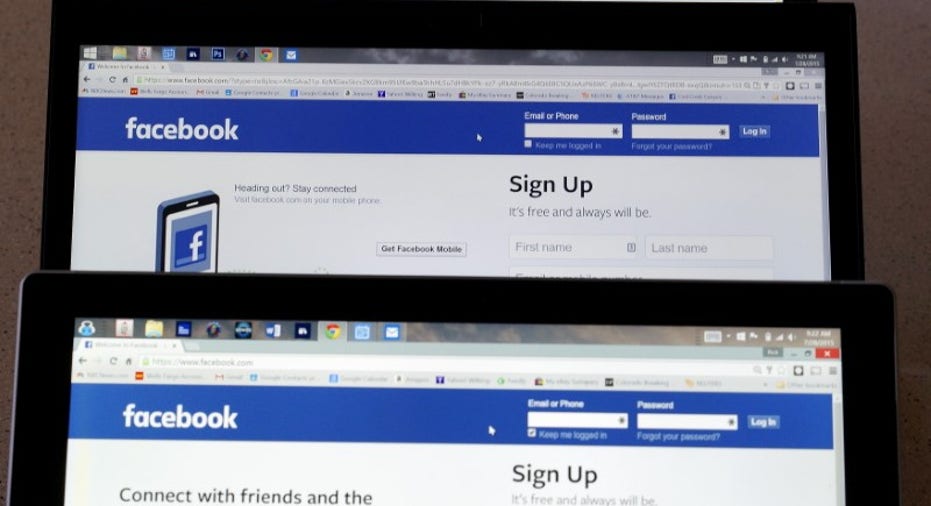Facebook's Fake 'Fake News' Problem

Did you hear the latest news? Hillary Clinton lost because the electoral college is rigged, the media’s in the tank for Trump or the Russians hacked the election. Or maybe it was sexism and subconscious gender bias, FBI Director James Comey’s letters or the dog ate Hillary Clinton’s economic plan. Take your pick.
If you think those excuses are pretty far-fetched, you haven’t heard the best one yet: Fake news on Facebook helped Donald Trump win the White House. That’s right folks, it’s all over the web so it must be true. The L.A. Times actually posted a list of fake news sources compiled by Melissa Zimdars, an assistant professor at Merrimack College.
Wait, it gets even better. There’s something strangely ironic about that list: It includes a bunch of popular right-leaning news sites – Breitbart, Independent Journal Review, RedState and ZeroHedge – but not one of the sites that ran with all those ludicrous excuses from the left that I just rattled off. Not one.
You just can’t make this stuff up. No pun intended.
In all fairness, Zimdars’ list includes what she calls clickbait-y and satirical as well as false and misleading “news” sources. Still, when the large, bold font title begins with “False, Misleading …” and ends with “’News’ Sources,” a small print disclaimer at the end of paragraph six that says, “And as a reminder, not all of the sources listed below should be considered fake” doesn’t exactly get your attention. No wonder the media covering the list went with “fake news sites” in their headlines. Nothing clickbaity about that.
It bears mentioning that the good professor plans to categorize the list, but it might have been a better idea to do that before going public with it, don’t you think?
If I were a satirical sort, I might say her list belongs on her list, but I don’t want to get everyone tied up in pretzel logic – and I definitely don’t want my op-ed column to end up on her list, that’s for sure. Let’s just say it’s a highly subjective and selective list and leave it at that. Now that I think about it, Zimdars may have been better off just posting it on Facebook, but then, um … never mind.
Speaking of which, Facebook, Twitter and Google are all apparently taking this whole thing very seriously. They’re all looking into the issue, forming task forces, putting policies in place, banning sites that traffic in fake news from using their advertising platforms, that sort of thing.
Meanwhile, Facebook CEO Mark Zuckerberg tried to nip the notion of fake news swaying the election in the bud, writing, “Of all the content on Facebook, more than 99% of what people see is authentic. Only a very small amount is fake news and hoaxes. The hoaxes that do exist are not limited to one partisan view, or even to politics. Overall, this makes it extremely unlikely hoaxes changed the outcome of this election in one direction or the other.”
And trust me when I tell you, the founder of the world’s biggest social network is certainly no Peter Thiel. I have no idea who Zuck voted for, but I seriously doubt if he’s a Trumper.
Zuckerberg goes on to explain that trying to be the web’s arbiter of truth is tricky terrain, considering how much of today’s “news” is sprinkled, if not downright saturated, with opinions, viewpoints and commentary. I couldn’t agree more. It’s a slippery slope indeed.
When you think about it, the whole notion of trying to police or even identify sites with misleading or untruthful content is just plain ridiculous. I write about this stuff for a living and, I have to tell you, the percentage of “news” sites that do an effective job of fact checking their content probably numbers in the single digits.
You want truth? I’ll give you some truth. Most online content is user-generated gibberish, sensational clickbait, or utter BS from self-appointed experts blogging in their pajamas in their parents’ basements. But then, isn’t that the beauty of the social web? Anyone with a gadget and an IP address can be a blowhard.



















